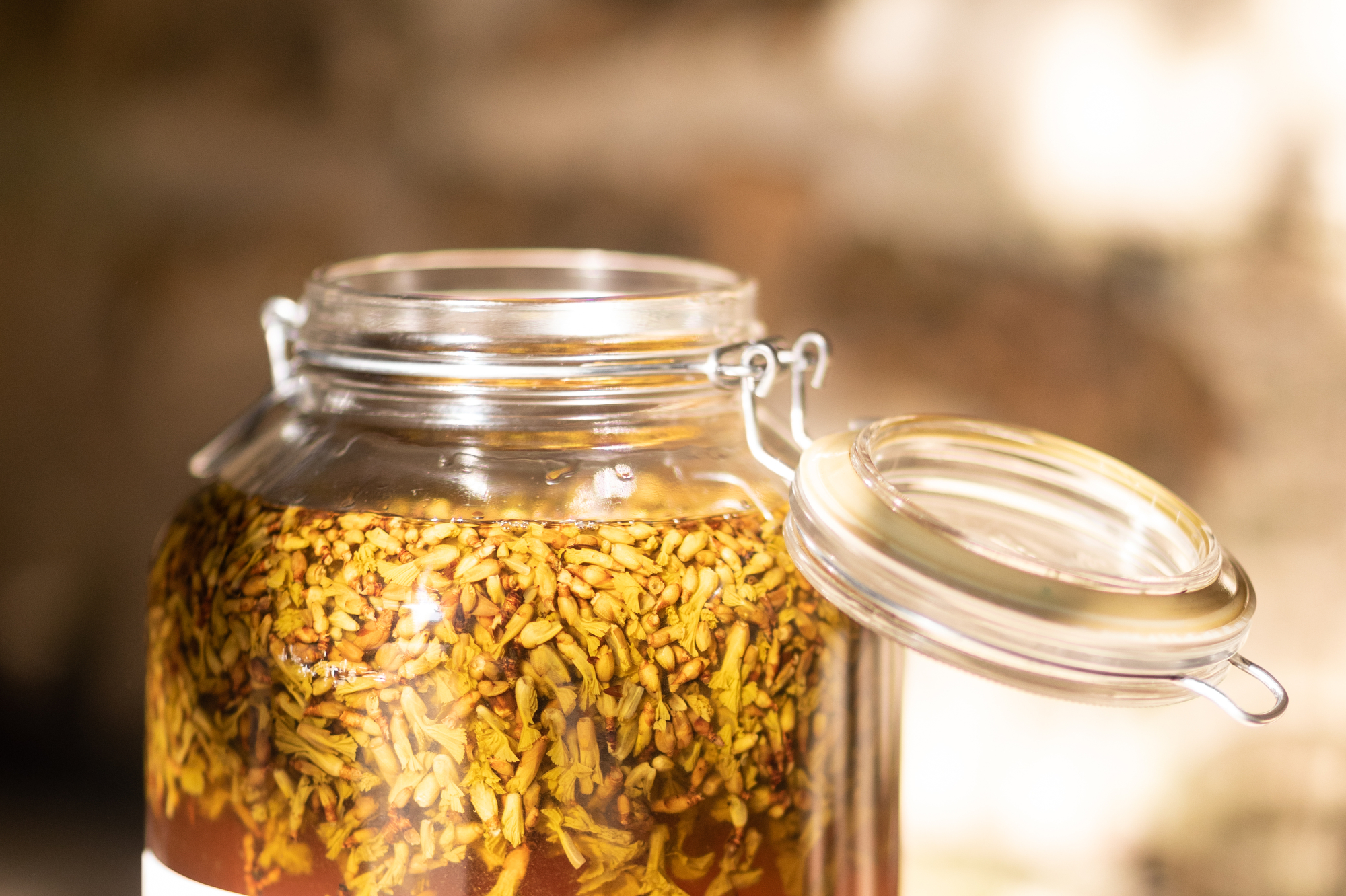

My testimony
It's not pleasant at all, but I sometimes have bad breath. I hope this isn't the case too often. We notice bad breath in others but difficult in ourselves. And unfortunately our “friends” don’t always dare to tell us… Even if the origin of bad breath is most often oral, for me it is digestive. I now know more or less what causes it and I try to avoid situations
“at risk”, or to prevent them, but this is not always possible. When I drink red wine, when I eat a meal that is too fatty, in times of stress, I feel (no pun intended) heavy, whether in my stomach, my mouth which becomes pasty and probably my breath. So, as with everything digestive, I resort to hydrosols!
My tip
To be sure of your breath, it is important to brush your teeth regularly. And the language. I find brushing my tongue very unpleasant, especially at the root, but I force myself to do it at least twice a week. I also make a mouthwash with noble laurel hydrosol in the evening, after brushing my teeth. And an annual check-up with the dentist allows you to treat a dental problem if necessary and avoid bacterial proliferation, a source of bad odors.
Regardless of this, as soon as someone tells me or I feel like I have bad breath, I resort to dill hydrosol. In this case, I take one or two tablespoons, pure or diluted in a little water. I repeat several times during the day. And then, as prevention is better than cure, I take the lead when possible. In preparation for a hearty meal, I drink water flavored with dill hydrosol the day before. It will stimulate all digestive juices in advance and optimize the different stages of digestion. This will limit the risk of bad breath.
What does herbal medicine say?
The origin of bad breath, or halitosis, is often oral or ENT (infection or plaque, sore throat, cold) or digestive (stomach or liver problem). Anti-infectious plants such as bay leaf, thyme or savory are useful as a mouthwash or gargle for anything localized in the mouth and throat. We can also use a wide variety of plants when the origin is digestive (basil, angelica, dill, spearmint). Dill, with its cholagogue and choleretic properties (which stimulates the synthesis and excretion of bile), is particularly interesting. Dill hydrosol is made up of 75% carvone, a powerful antispasmodic molecule which promotes the secretion of bile by the liver and its release in the intestine. Bile helps dissolve fats, promoting the digestion of lipids. Dill hydrosol, by facilitating all digestive functions, is very effective in fighting bad breath.
Did you know ?
Like our hands, the carvone molecule exists in two forms, a right and a left. These two forms,
called chiral, have an identical chemical composition (hence comparable properties) but a different odor. One of the two forms of carvone is found in dill, the other in spearmint, both digestive but in totally different smell
I use hydrosols SAFELY
The proposed tip does not imply any particular contraindication, even over a prolonged period; it is a classic food use.
ANETHUM GRAVEOLENS Dill
Native to Asia Minor, dill is an annual herbaceous plant that grows spontaneously in Mediterranean regions. It is an undemanding umbellifer, which likes the sun and arid lands. Dill, which can reach 1 m to 1.5 m in height, has light foliage that can be confused with that of fennel. It produces large umbels with yellow flowers, with a sweet, aniseed smell. Historically, dill has been widely used in cooking to preserve the freshness of
food. It was already known in Antiquity to treat digestive disorders.
The Products

Hydrolat Dill from Burgundy
Esseciagua's dill hydrosol, from organic farming, is a product with exceptional digestive and refreshing properties. Distilled with care, this hydrosol keeps all the virtues of the dill, making a precious ally for digestion and oral freshness.
This hydrosol is particularly recommended to facilitate digestion. It helps relieve digestive disorders such as bloating, intestinal spasms and nausea. Its regular use can contribute to better digestive comfort, especially after heavy or...










